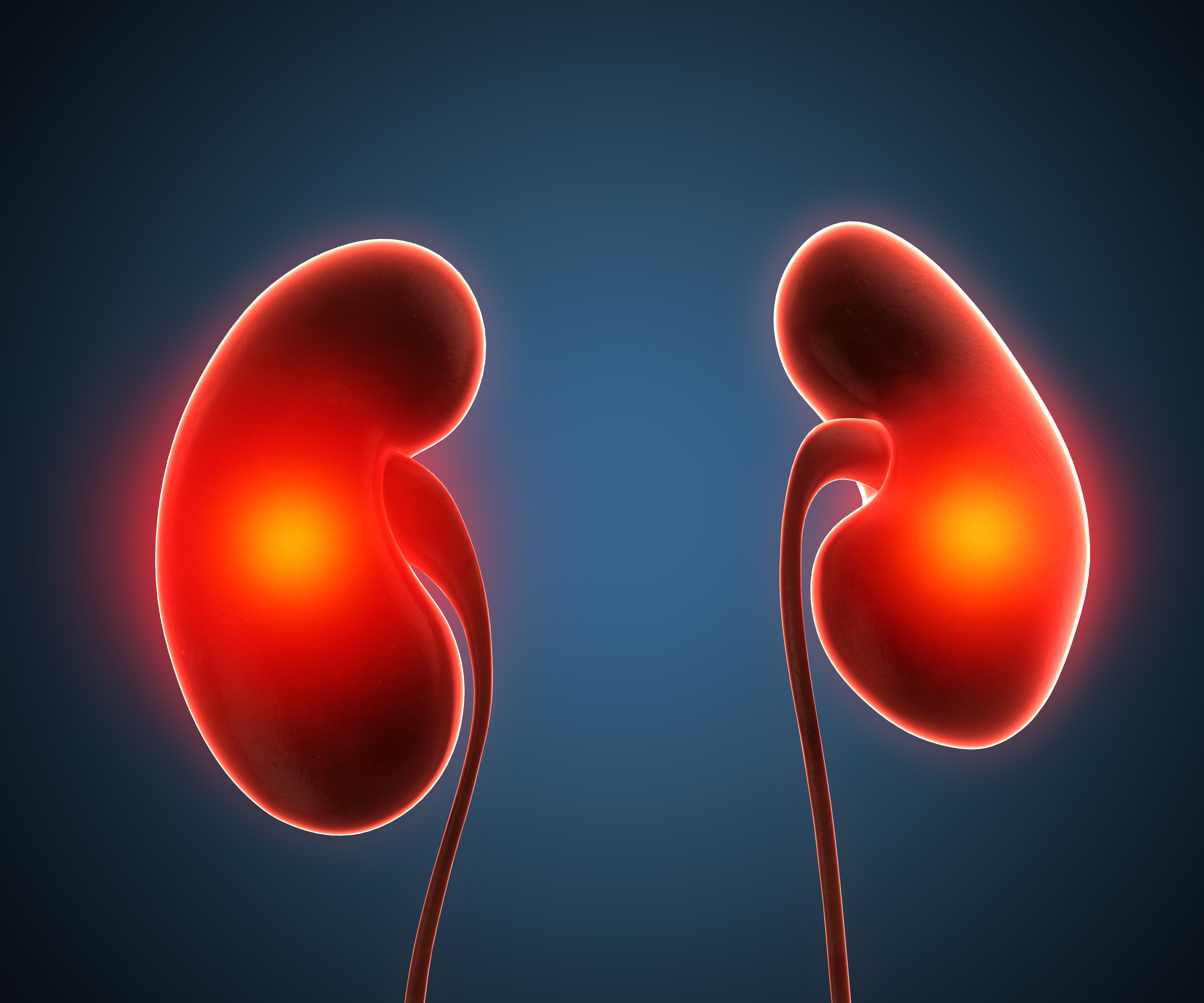News
Article
Lower Diet Diversity, Quality Linked to More Severe IBS Symptoms
Author(s):
Key Takeaways
- Poor diet diversity and quality are associated with increased IBS symptom severity, highlighting the importance of dietary management in IBS treatment.
- IBS patients consume fewer carbohydrates and have poorer diet quality compared to general population controls, despite adherence to Nordic nutrition recommendations.
Patients with IBS had different dietary patterns than matched general population controls, with poor diet diversity and quality linked to symptom severity.
Sanna Nybacka
Credit: Sanna Nybacka on LinkedIn

Poor diet diversity and quality are associated with more severe irritable bowel syndrome (IBS) symptoms, according to findings from a recent study.1
Results suggest notable differences in dietary patterns between patients with IBS and controls from the general population, with poorer dietary habits linked to greater IBS symptom severity.1
According to the American College of Gastroenterology, IBS affects approximately 10% to 15% of people in the United States. In the absence of a cure and with limited pharmacologic options for patients, IBS treatment is largely focused on lifestyle modifications relating to diet and stress.2
“The link between food and IBS symptoms has prompted the development of dietary interventions as a key management strategy for the condition,” Sanna Nybacka, a researcher and dietician, associate professor, and senior consultant at Sahlgrenska Academy, University of Gothenburg, and colleagues wrote.1 “However, the effectiveness of various dietary approaches exhibits considerable variability, with between 20 to 58 percent of patients remaining non-responsive to dietary treatments. This variability underscores the need for a more nuanced understanding of the relationship between diet and symptoms in IBS.”
To explore the association between dietary habits and IBS symptoms, investigators compared habitual diet intake and quality of IBS patients with general population controls. Individuals with IBS were included from 2 observational cohort studies in 2010−2020 and 2 randomized controlled trials in 2013−2022.1
Patients were enrolled at the gastroenterology outpatient clinic of Sahlgrenska University Hospital, Gothenburg, or were recruited on social media platforms. Investigators excluded patients with major psychiatric, liver, neurological, or cardiovascular diseases; celiac disease; inflammatory bowel disease; known food allergies; other severe GI diseases that could explain GI symptoms; pregnancy; and BMI <18 kg/m2 or >35 kg/m2.1
Dietary data for age- and sex-matched controls representing the general population were derived from the Swedish population-based Riksmaten study.1
Dietary intake was assessed using a 4-day food diary in which patients with IBS and controls were instructed to consume their habitual diet and record all foods and their amount as accurately as possible in grams or household measures. All food items were then classified into food groups based on a system composed by the Swedish Food Agency.1
Investigators measured diet quality using a diet quality index, the DQI-SNR, to assess adherence to the Swedish national dietary guidelines based on the Nordic nutrition recommendations and scored diet diversity based on the variety of food groups consumed.1
Patients with IBS additionally completed symptom questionnaires within 5 days of completing the 4-day food record. Specifically, IBS symptom severity was assessed using the IBS Severity Scoring System (IBS-SSS) measuring the disease burden of IBS. The 13-item IBS-specific GI symptom rating scale (GSRS-IBS) was used to assess the severity of different IBS symptoms.1
Additionally, non-GI somatic symptoms were measured using the Patient Health Questionnaire-12 (PHQ12). The Hospital anxiety and depression scale (HADS), a 14-item self-report screening scale, was used to measure the severity of general anxiety (HADS-A) and depression (HADS-D), while the 15-item Visceral Sensitivity Index (VSI) assessed GI-specific anxiety with items scored on a 6-point Likert scale.1
In total, the study included 646 patients with IBS and 646 age- and sex-matched controls. Investigators noted both groups adhered to Nordic nutrition recommendations for macronutrients, although they pointed out patients with IBS reported consuming fewer carbohydrates.1
Individuals with IBS also reported eating less disaccharides and mixed meat dishes (d=0.5), and dairy products, coffee, monosaccharides, potatoes, vegetarian dishes, sucrose, bread, and sweet dishes (d=0.2−0.4) compared with controls. In contrast, those with IBS reported consuming more fat, oil, and lactose-free dairy products (d=0.5), and total energy, salty snacks, mono-unsaturated fatty acids, nuts and seeds, saturated fatty acids, butter, and juice (d=0.2-0.4), compared to controls.1
Of note, fewer IBS patients had a good diet quality according to the DQI-SNR (P = .02). Poor, moderate, and good diet quality were observed in 19%, 52%, and 29% of IBS patients and 18%, 47%, and 35% of controls, respectively (P = .06).1
Upon analysis, IBS symptom severity and GI-specific anxiety were associated with reduced energy and carbohydrate intake, lower diet diversity, and worse diet quality. Investigators also noted poor diet quality was associated with younger age, more severe IBS symptoms, anxiety, and depression.1
They acknowledged multiple limitations to these findings, including differing methodologies used for diet recording in the IBS and control groups; the fact that food diaries among IBS patients were recorded between Wednesday to Saturday and thus may have resulted in a disproportionate representation of eating habits on weekend days; and the comparison to individuals from the general population rather than health controls.1
“The present study found differences in dietary patterns between patients with IBS and controls from the general population,” investigators concluded.1 “Further exploration of food symptom associations in IBS patients may pave the way for the development of personalized management strategies tailored to individual dietary preferences and symptom profiles.”
References
- Nybacka S, Colomier E, Hreinsson JP, et al. Dietary intake and quality in irritable bowel syndrome: a comparative study with controls and the association with symptom severity. The American Journal of Gastroenterology. doi:10.14309/ajg.0000000000003249
- American College of Gastroenterology. Irritable Bowel Syndrome (IBS). Accessed December 11, 2024. https://gi.org/topics/irritable-bowel-syndrome/#tabs1





